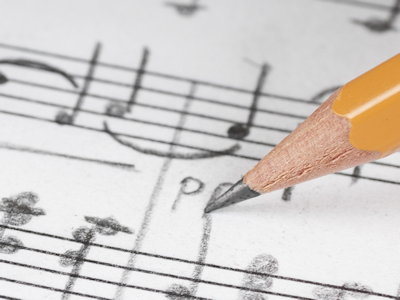MUSIC THEORY

Music theory helps you understand why music sounds the way it does – chords, scales, harmony, rhythm, and structure become clearer, deepening your connection to the music you play or write. Far from being restrictive, theory gives you tools to be more creative. Knowing the rules allows you to intentionally bend or break them in musically meaningful ways.
Improve your performance with theory knowledge. As you develop you will be able to read and learn new pieces faster because you recognise patterns, chord progressions, and common forms like 12-bar blues or sonata form. Theory provides a common language. Whether you’re jamming, rehearsing, or arranging, being able to talk in terms of keys, scales, and chord functions makes collaboration smoother. Improvising becomes more intuitive when you understand scales, modes, and harmonic context, letting you make quick, confident musical choices in real-time. The more you understand structure and harmony, the easier it is to recognize musical elements by ear or at sight, improving both practical and aural skills.
Music Theory will improve your creativity. Understanding theory opens up a broader palette of harmonic, melodic, and rhythmic possibilities for writing music with more variety and emotional depth. Want to change keys to suit a singer’s range or create interesting harmonic shifts? Theory helps you transpose songs and modulate smoothly. Knowing theory makes you a more versatile and competent musician, whether in the studio, on stage, or teaching others.